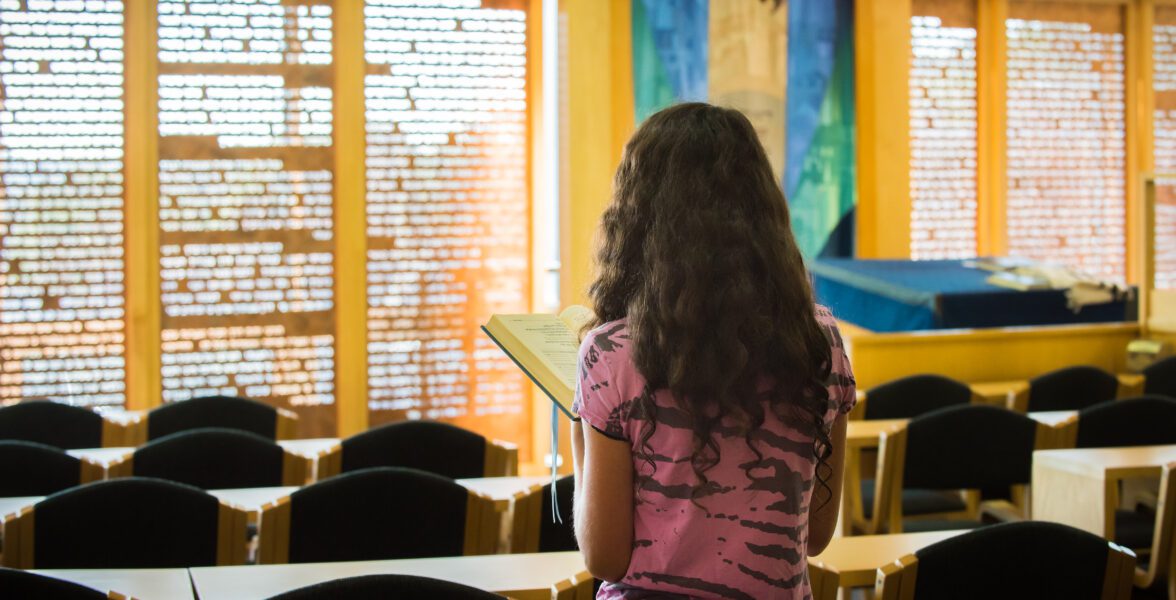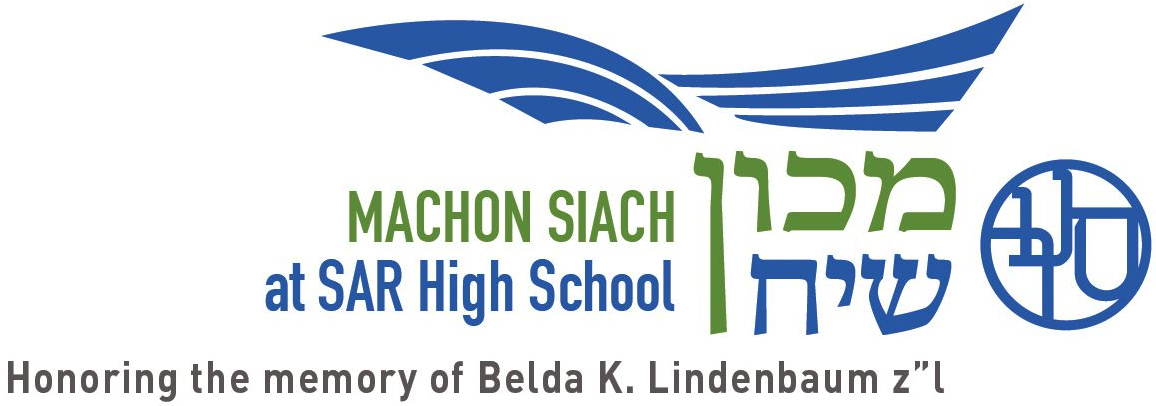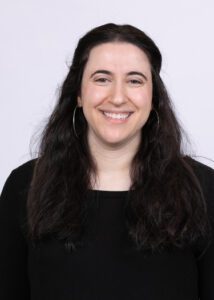
Spiritual Reorientation During the Pandemic
For me, this year’s Chagim cycle was different from any I’d experienced before. Granted, the pandemic probably made it differ for everyone: many of us had less shul time, fewer family members around the table, and maybe even altered ritual observances. But this was my first Rosh Hashanah as a mother. Not just the pandemic held me back from shul, but the feeding and sleeping needs of a five-month-old baby. I felt, particularly in that time period although the sentiments had been festering for weeks before, that I had been stripped of all my spiritual outlets. Time to learn Torah is rare; time to daven in its entirety and with the pace I’d like even rarer. The combination of post-partum and pandemic life simultaneously left me feeling devoid of all my spiritual outlets: No set prayer or time to learn Torah, no selichot kumzitz, no big, flashy, emotionally uplifting spiritual experiences.
This disorientation was compounded by my membership in the Machon Siach Spirituality Faculty Cohort, a group launched to give faculty the time and space to think more deeply about spirituality for both teachers and students. The group’s readings and meetings focus on more precisely defining, teaching, and exploring spirituality. Whatever I knew about spirituality, I certainly wasn’t feeling much of it.
I hoped to find a way to maintain my spirituality despite the changes to my routine and the absence of big, flashy, emotionally uplifting spiritual experiences on which I thrive. My wise department chair recommended Rabbi Danya Ruttenberg’s “Nurture the Wow: Finding Spirituality in the Frustration, Boredom, Tears, Poop, Desperation, Wonder, and Radical Amazement of Parenting.” The title alone drew me in (books are not judged by solely their covers), but the rest of the book completely captivated me and entirely reshaped my view of spirituality. Ruttenberg argues that spirituality need not be defined by the grand moments that occur outside of ourselves; instead, it can be found in the day-to-day wonders of our lives (and in the context of her book, the lives of parents).
One particular example fully shifted my thinking. As a teen, if you told me that adulthood would be measured in dishwashers filled and emptied, I probably would have had no interest. But dishes getting dirtied and needing to be cleaned is a daily fact of life. If I had no “time” for spiritual connection, why not seek it in the very activities that filled my days? Enter the dishwashing mediation. It sounds simple: while doing dishes, take a few seconds to meditate on the moment, or as Ruttenberg describes it, “…to feel the sponge in your hand, to watch the water falling from the tap, to let your mind be full of the sensations and actions of your hand moving the sponge around the shiny silver bowl”. As I sought connection to things beyond myself, I tried it, but not quite using her method. Instead, upon doing dishes I tried to utter a few words of thanks, in my own words, for what each washed dish meant: we have food, there are people in my life who enjoyed that food, we have dishes and running water. The simple daily moment of washing dishes was transformed.
I began to consider how I define spirituality. It exists, for me, as moments of deep emotion, where I felt so connected to Hashem, to myself and to my soul. And yet, if that was my definition, why did I think it could only occur in bigger, more dramatic moments? With this new lens in mind, I realized there were plenty of moments for spirituality in my day-to-day life, however mundane and unexciting it felt.
Doing dishes was a start. But there were also the quotidien moments of school life. This way of thinking expanded to my life beyond parenthood, infiltrating my approach to pretty much everything.
Yes, filling out the Ruvna app every day can be tedious, but it can also be a beautifully spiritual moment where you scan yourself, up and down, and can utter, “Thank God, today, I am healthy,” which is a wonderful way to start your day. Yes, wearing a mask can be tiresome, but there is a real spiritual awareness in realizing that human connection still takes place and never relied on our physical features to begin with. And certainly, the homework, studying and grading can feel like a never-ending cycle, but how deeply spiritual to see a student’s effort and growth in front of your very eyes!
Those bigger moments that we are missing right now are great and necessary. We are all mourning a year of not singing Kabbalat Shabbat together, learning at Shabbatons, connecting to Hashem and each other at a Tisch, or feeling a strong wave of spiritual energy at Chagigas or during Shabbat Ruach. But I think it’s even more important, in a year without these things, to remember that although spirituality can be enabled by the big and the grand, it is certainly not defined by it.
There are moments in everyday life full of spiritual bounty if we know how to reap them. I think of a line by the late Rabbi Jonathan Sacks: “Judaism is about the poetry of the ordinary, the things we would otherwise take for granted.” Daily life can sometimes be the most spiritual experience of all.



